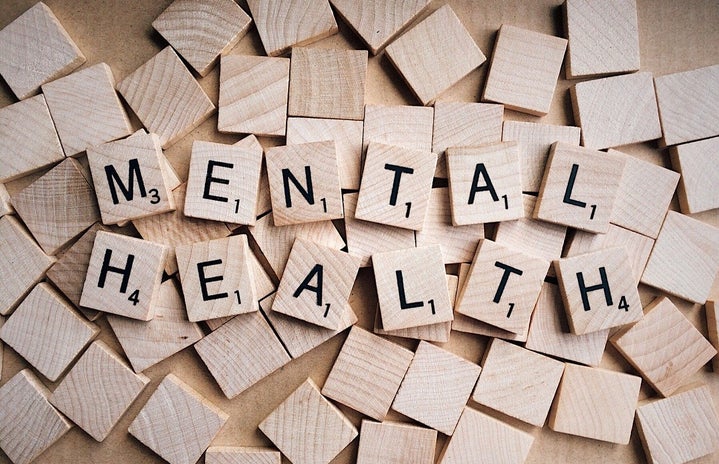It’s November which means that it is men’s mental health awareness month. Discussing mental health is crucial in order for everyone to feel more comfortable expressing their struggles. It is also important to highlight that amongst men, there is an added layer of stigma surrounding mental illness.
The question therefore becomes, how can we create a safe environment where everyone feels that they can openly express their emotions, feelings and health issues without judgement?
To understand the magnitude of this topic, knowing the statistics behind men’s mental health may provide you with a better understanding as to why it is critical to discuss. According to Homewood Health…
· Around 10% of Canadian men experience significant mental health challenges in their life
· Approximately one million Canadian men suffer from major depression each year
· On average, approximately 4,000 Canadians take their own life each year, 75% being men
The Canadian Mental Health Association calls it a silent crisis. Why has our world reached a point where men feel unable to seek help at any point along their health journey? In our society, mental illness is associated with weakness, something men are not expected to embody. Men tend to feel even more pressure to be seen as stable and strong. Society has conditioned a standard on how certain genders must present themselves.
So, how can we tell when an individual who identifies as male needs help but may be reluctant to share their struggles? Homewood Health suggests becoming better informed, asking what you can do, be there to listen, guide the person to appropriate support, be optimistic and encouraging and take care of yourself. Educate yourself on the signs of mental illness and look for local clinics and therapists you may be able to reach out to. Ensure and remind them along the way that their illness does not make them weak but is something out of their control. Seeking guidance and receiving help can make a world of a difference.
Homewood Health has identified signs that someone may be struggling with their mental health.
1. Their personality has changed from the norm, such as experiencing mood swings, excessive anger, hostility or violent behaviour, and having the inability to cope with minor problems and daily activities.
2. They are experiencing excessive anxieties or prolonged depressive states, losing interest in hobbies or social activities they were usually interested or participated in.
3. There has been an increased use of alcohol and/or drugs, which is beginning to affect their work and personal life.
4. There is a noticeable difference in their ability to think clearly and articulate their thoughts in a cohesive manner.
Most people reading this article know of someone experiencing mental health issues, someone who lost their life to mental illness or is living with it. This topic is not new but needs to be addressed on an ongoing basis in order for society to reach a point where mental health is taken more seriously and its stigma no longer exists.
Although the topic of this article is in honour of men’s mental health awareness, we must continue to keep in mind that mental illness does not discriminate. We must always be aware that we cannot know for certain what someone is going through. It is important to check on our friends, loved ones, coworkers and peers.
It can be very difficult to address your own mental illness or struggle. Taking that step to speak to someone close to you or to your doctor can be overwhelming, but it is nonetheless vital. Once you take that first step, the rest will come with less struggle.
If you are reading this, please take note and reach out to your loved ones and friends or send this to them. The state of your mental health does not determine your value. It may take time and some grappling with your feelings to find the strength to address your mental state and seek help, but if you take that first step, you are already setting yourself up for a brighter and more hopeful future.
In loving memory of Malcolm.
Mairead MacKenzie

